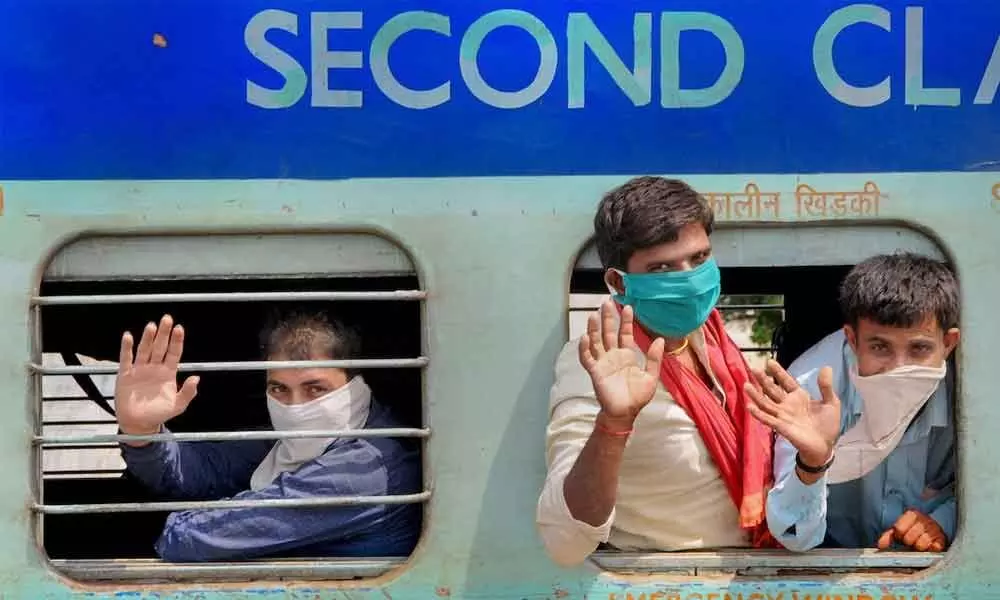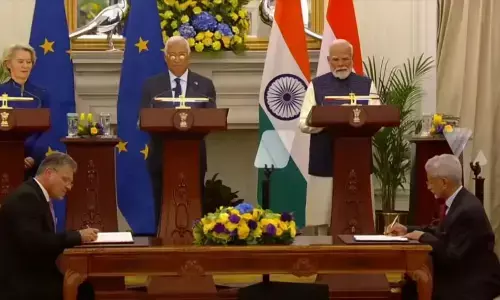Government turns blind eye to migrant labourers woes

Coronavirus has laid bare the Indian government’s policies towards migrant workers. The governments have never take the agony of migrant labourers which is all over India, seriously at all.
Coronavirus has laid bare the Indian government's policies towards migrant workers. The governments have never take the agony of migrant labourers which is all over India, seriously at all. Coronavirus have only brought these issues into focus, a fact difficult for the lawmakers to digest. When the lockdown started the hapless migrant workers came on to the roads in Mumbai, surath, Hyderabad etc in lakhs. Though the problem is not new to India, the migrants were neglected by the central and state governments over the years. In the name of development urbanisation lead the way to migrate the workers from rural area to cities in search of work in unorganised sector such as construction, brick making, auto drivers, hotel's, fishing and daily wages in MSMES.
Before 1990 the problem is limited to some States, but after globalisation the labourers migrated from their natives to wherever the work is available. Government estimated that there are 8 crores of migrated labourers, but ithe actual figures would be around 20-25 crores in India. Labourers migrant from Assam , UP, Bihar, Jharkhand, Odisha, West Bengal, Punjab, Rajasthan, MP AP, Telangana and even from Kerala.
The political leaders neither had the vision nor took the issue seriously. They used them as vote bank in elections. Though MGNREGS (food for work program) continued in the villages the problem of migrant labourers was not solved.
Though already 50 days have passed by, the woeful journey of the migrant labourers on foot, cabs, buses, train's etc. to reach their homes sees no end.
The temporary welfare schemes of the government as part of their vote bank politics will not solve the problem. Now it is time for the governments to take permanent and reasonable measures to this problem.
B. Kurmarao
(JL Economics), Dasannapeta, Vizianagaram, AP

















